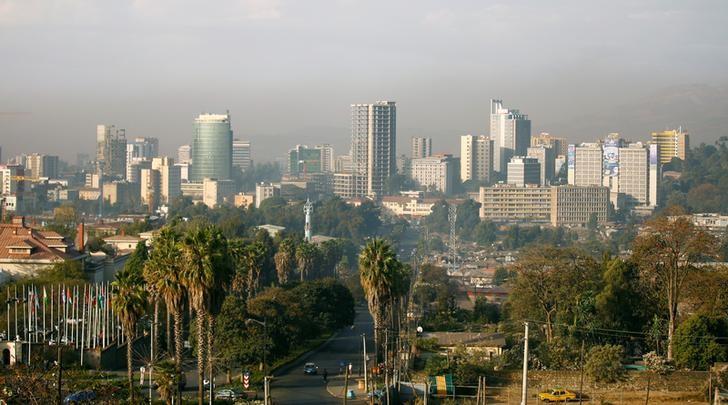
Ethiopia declares state of emergency

Ethiopia announced a state of emergency on Friday, a day after Prime Minister Hailemariam Desalegn announced his intention to step down following a political crisis in the country.
The ruling EPRDF coalition’s council met and decided to impose emergency rule, the state-run Ethiopian Broadcasting Corporation said.
The announcement did not say how long the rule would be in place.
The council “came to the conclusion that imposing emergency rule would be vital to safeguarding the constitutional order of our country”, it said. Further details are expected to be given by the defence minister on Saturday.
The prime minister’s resignation followed a wave of strikes and demonstrations successfully demanding the release of more opposition leaders.
An opposition leader said earlier that the country’s ruling coalition has lost its authority and all parties should be involved in mapping the country’s future.
The deputy secretary of the opposition Oromo Federalist Congress, Mulatu Gemechu, said Ethiopia needed a completely new political system after years of unrest.
“Ethiopians now need a government that respects their rights, not one that keeps beating and killing them,” he said.
Rights advocates have criticised Ethiopia’s government for mass arrests and long jail terms handed to political opponents and journalists.
But more than 6,000 political prisoners have been freed since January as the government has struggled to placate discontent.






